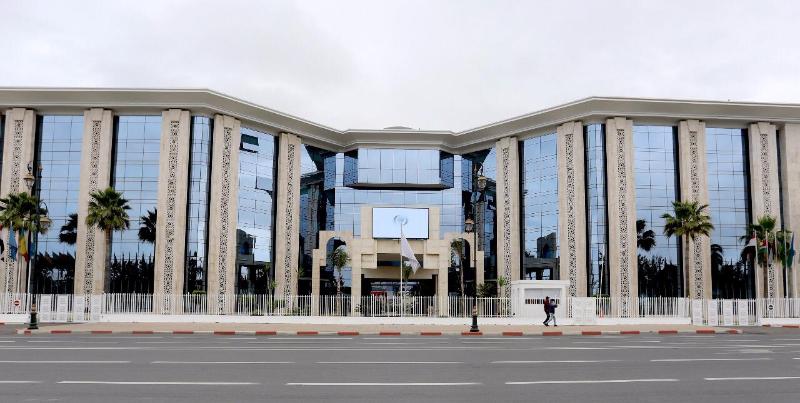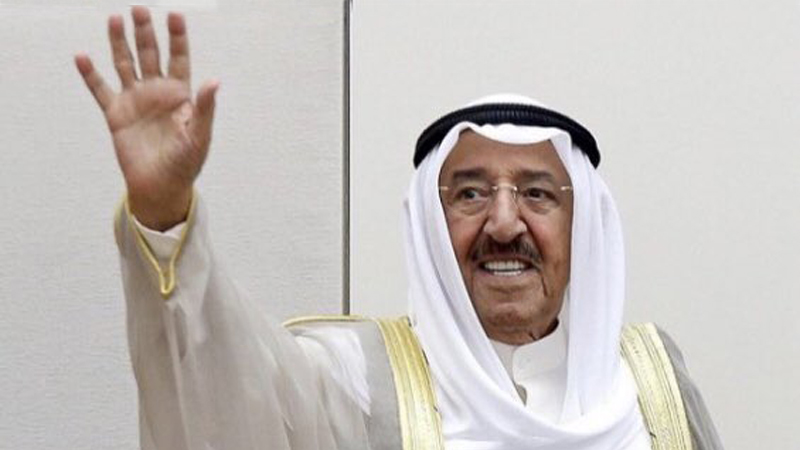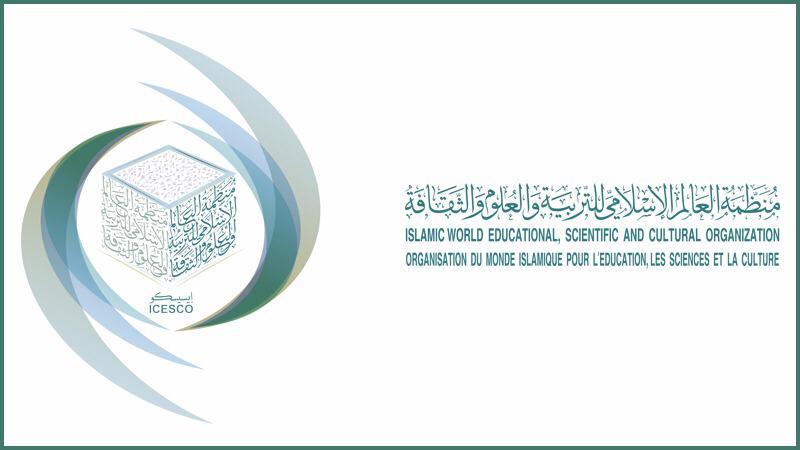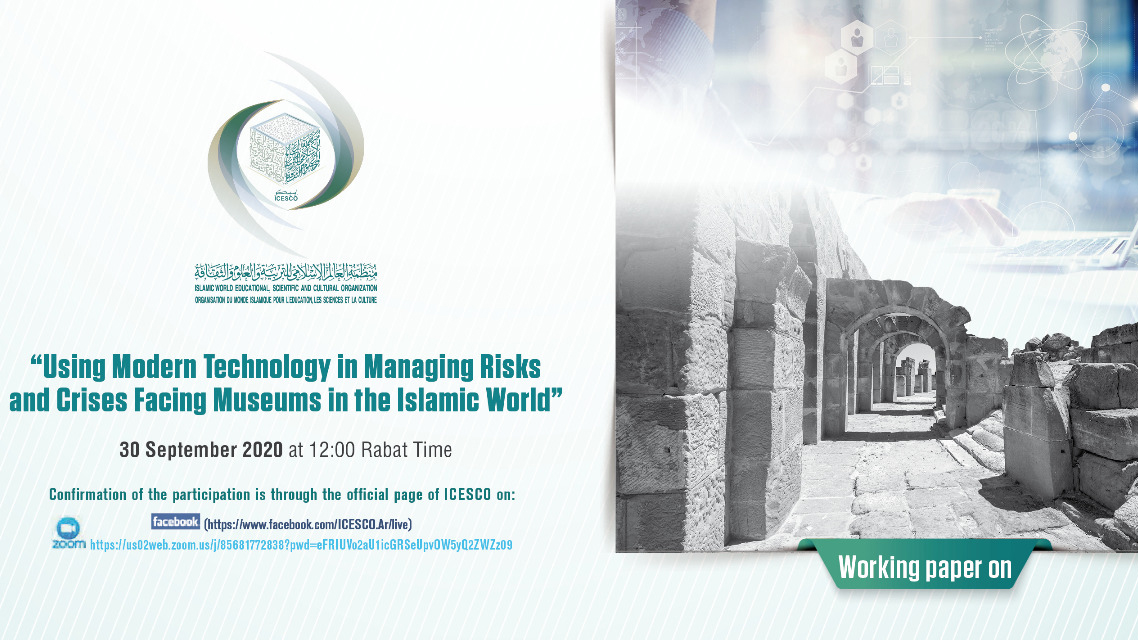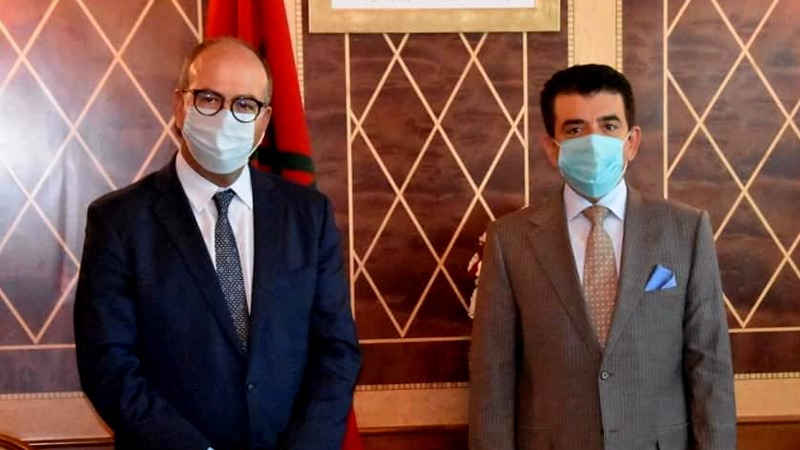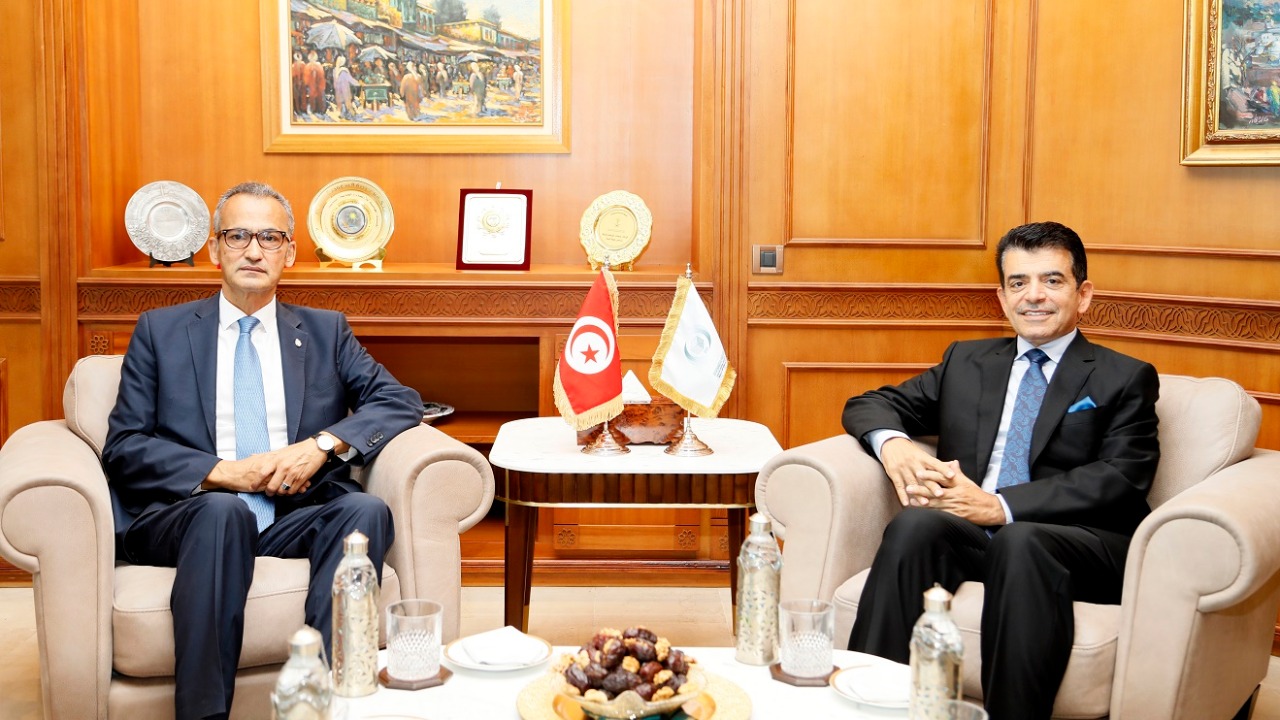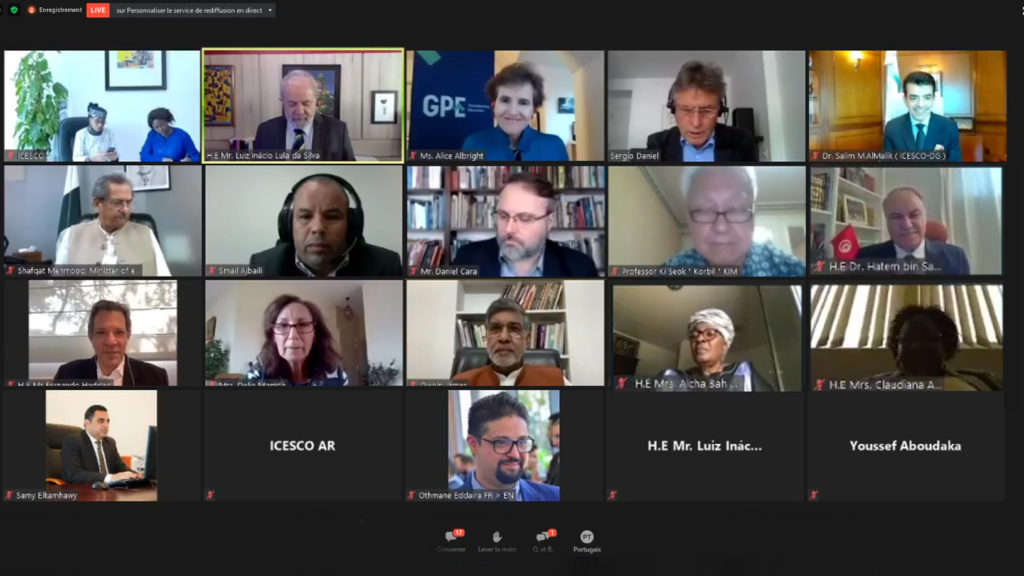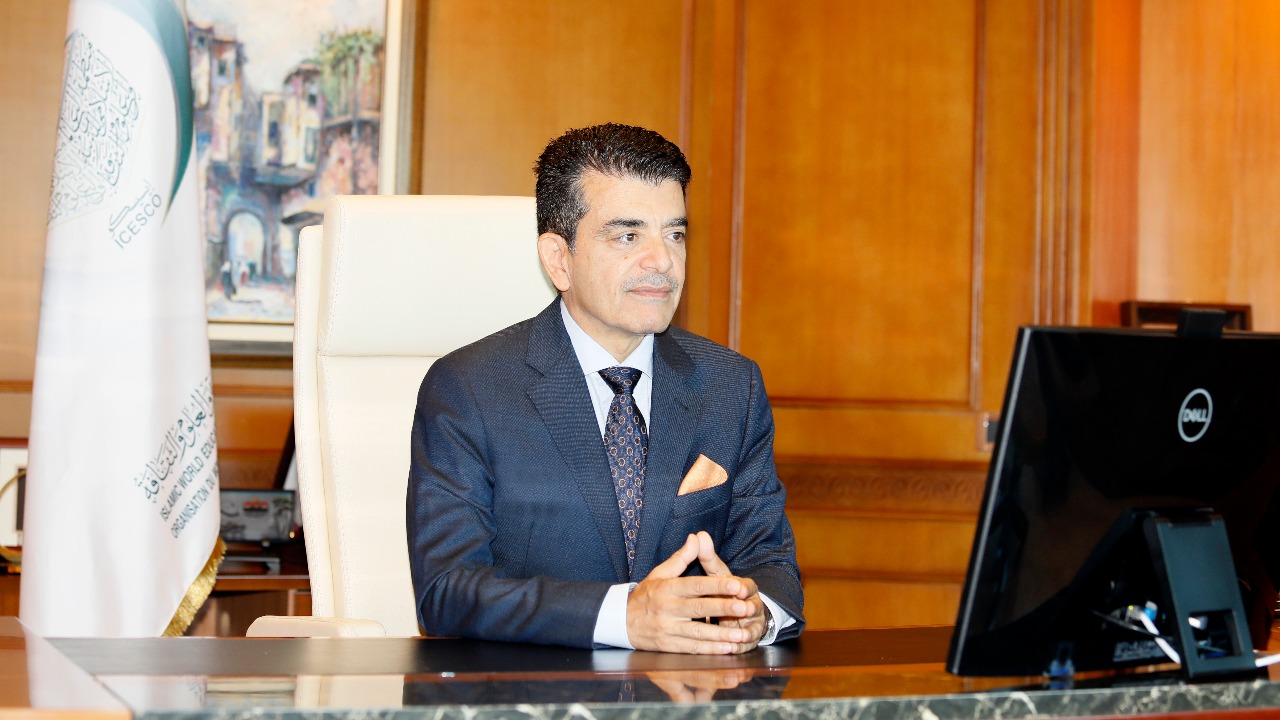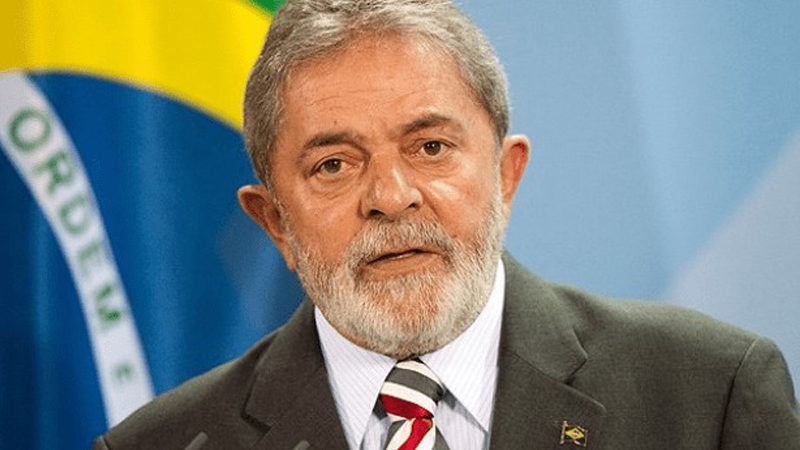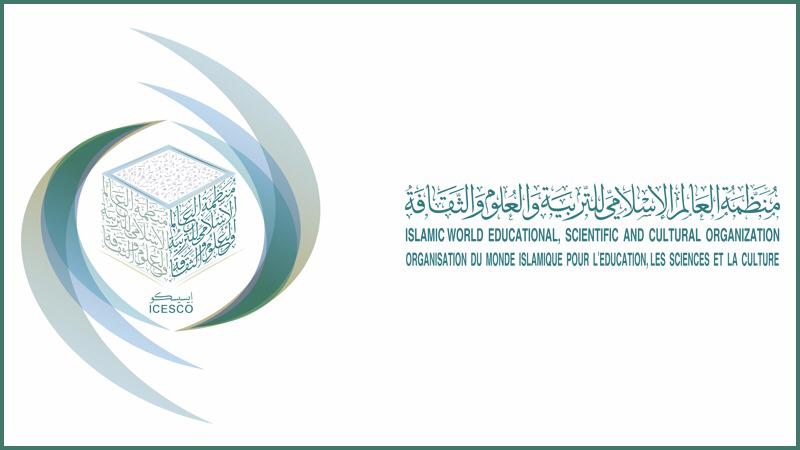The Islamic World Educational, Scientific, and Cultural Organization (ICESCO) celebrates today, September 30, the International Translation Day.
The United Nations (UN) decided to observe this day by virtue of its Resolution No. 28871, dated 24 May 2017, in response to the call of the International Federation of Translators (FIT), which has been observing this day since September 30, 1991. This day is associated with the annual celebration of St. Jerome, who is considered the patron saint of translators and the first one to translate the Bible from Hebrew into Latin.
In light of the COVID-19 pandemic, which took by storm many vital sectors in the world, ICESCO joins the FIT to show its support for translators across the globe. The Organization appreciates their work throughout the pandemic and promotes their ability to bring nations and cultures together amid these difficult times, which imposed on people an unprecedented isolation. The federation chose “Finding the words for a world in crisis” as a theme for this year’s celebration.
Thanks to the new vision of H.E. Dr. Salim M. AlMalik, ICESCO Director-General (DG), the Organization set an example in mitigating the impact of the pandemic on the sector of translation at the internal level.
ICESCO made the prompt shift from face-to-face interpretation during conferences to videoconferencing technology to provide distance interpretation. It also put forward proposals for developing the translation option on Zoom. By adopting the new measures, ICESCO ensured the success of all its conferences and forums since the start of outbreak.
The International Translation Day is an opportunity to promote the pivotal role of this profession and highlight its growing importance in the context of globalization. It is also an opportunity to remind employers of the outstanding and diligent work translators perform, often away from the spotlight to facilitate communication between different nations and cultures.
Since the dawn of time, translation has played a civilizational, cultural, and scientific role and has always been the phenomenon preceding and following every civilizational achievement. With more than 6,000 languages across the world and the growing communication and rapprochement thanks to modern means of communication and transportation, there is a compelling need for translation in order to consolidate communication and cooperation and promote peace and security among the countries of the world.
Like many other international organizations, ICESCO, has adopted since its establishment translation as a key tool to convey its educational, scientific, and cultural message in Arabic, English, and French. The Organization has translated thousands of documents, studies, and research works in all its fields of competence.
ICESCO’s recent vision aims to develop the Organization’s programs and projects to address the changing needs of its Member States and to upgrade its working mechanisms and tools to keep up with the technological and digital advances. ICESCO’s new General Directorate therefore launched a comprehensive development operation with the aim of digitizing all its activities and benefiting from artificial intelligence to improve the performance of its service departments.
ICESCO Translation Center largely benefited from this operation as it obtained access to the latest version of Trados. The software will enable the center’s employees to benefit from AI applications and CAT tools.
In celebration of this day, Dr. AlMalik expressed his appreciation for the role of translation and the work of translators across the globe to promote civilizational dialogue and preserve cultural and linguistic diversity in the world.
The DG also expressed his appreciation for the efforts of ICESCO’s translators to spread the Organization’s civilizational mission, reaffirming his sustained commitment to develop the technological, human, and financial resources of the Translation Center to ensure its good performance.

